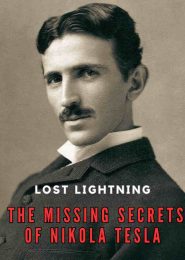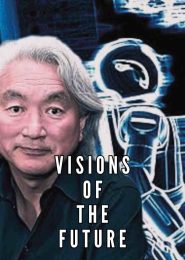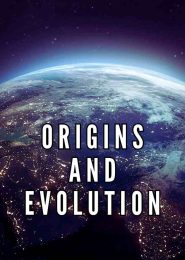The Big Bang
In this documentary, Professor Jim Al Khalili embarks on a journey through over 50 years of the BBC science archive to unravel the story behind one of the greatest theories of modern science: the Big Bang.
This remarkable idea—that our universe simply began from nothing—was not always accepted with the conviction it holds today.
From fiercely disputed beginnings, it took the best part of the 20th century to emerge as the triumphant explanation of how our universe began.
The journey begins with a clash of ideas. Imagine geniuses huddled in debate, their minds ablaze with curiosity. The Big Bang theory emerged from this tumultuous intellectual landscape.
It wasn’t an overnight revelation but a gradual unfolding of cosmic secrets. Scientists, like cosmic detectives, pieced together clues from disparate sources, including radio waves and cosmic microwave background radiation.
The universe’s birth story was far from straightforward, but it captivated the scientific community.
Armed with horn-shaped antennas and cutting-edge technology, scientists navigated the complexities of the cosmos. They studied the afterglow of the Big Bang—the faint radiation that permeates the universe.
This intricate puzzle revealed the universe’s age, composition, and expansion rate. The evidence pointed to a singular moment of creation—a birth that defied imagination.
As the 20th century progressed, the Big Bang theory gained momentum. It wasn’t merely a story for textbooks, it was a testament to human resilience and curiosity.
The universe unfolded before our eyes, revealing its mysterious origins. From the primordial singularity to the birth of galaxies, every step was eloquently documented.
The cosmos once shrouded in mystery, now stood unveiled, a suite of knowledge designed to enhance our understanding of existence.




